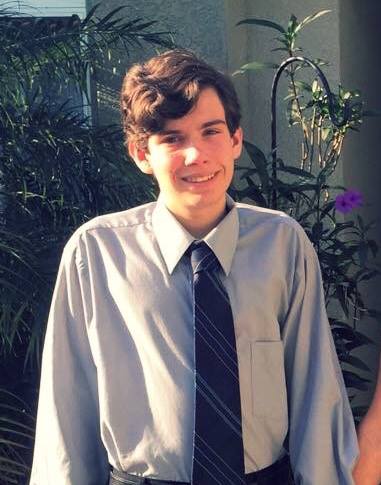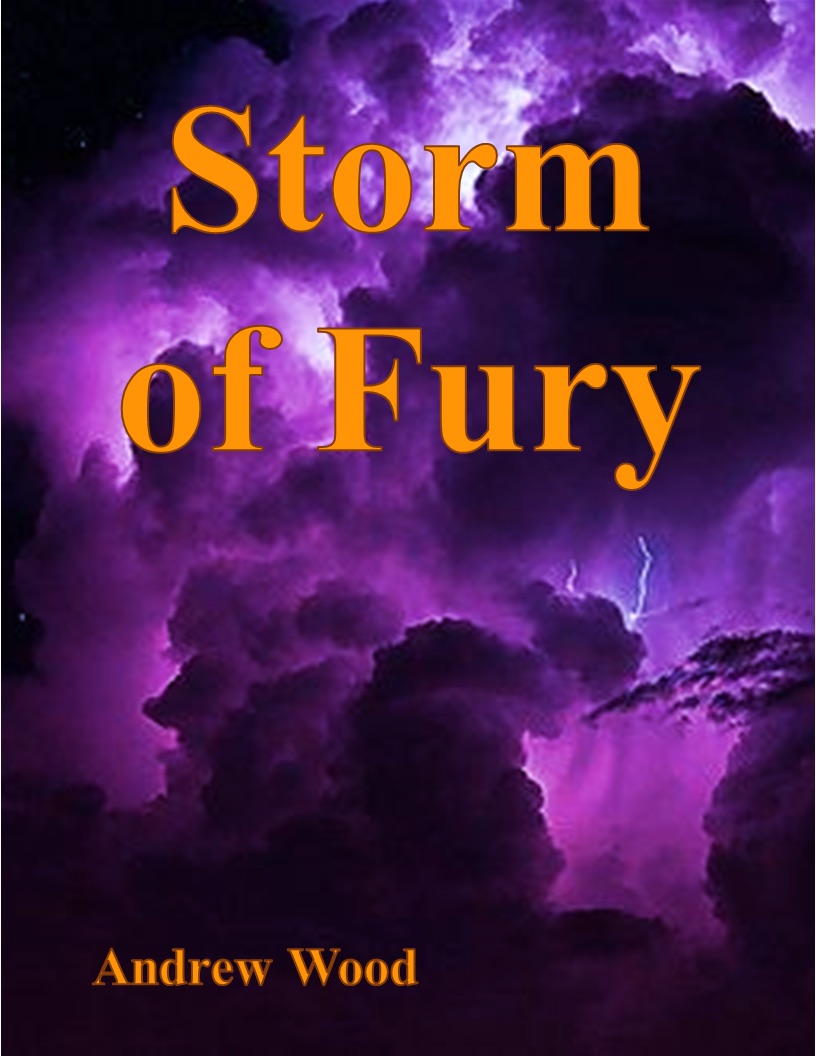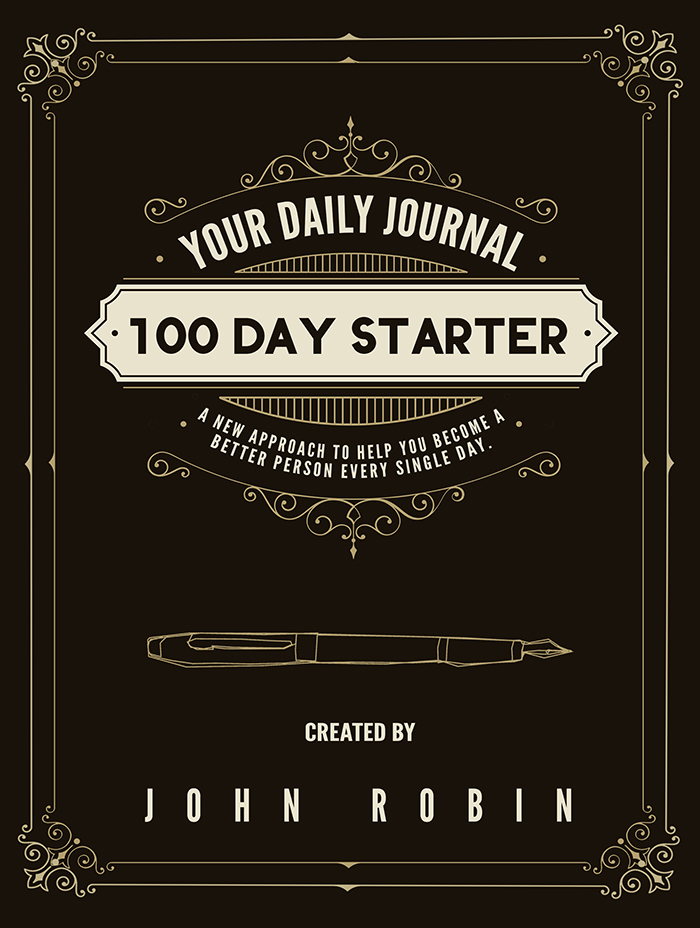Today, my world builders guest is Andrew Wood, author of Storm of Fury, currently funding on Inkshares. I discovered Andrew’s writing and fell in love with it at once, reminded of the voice of Brandon Sanderson and the mood of Wheel of Time. I’m very excited to have Andrew as my guest!
 Andrew Wood is an 18 year old recent high school graduate with a love of writing and a dream of becoming a published author. He first began writing during elementary school, with short stories. He wrote three novels during high school, one of which was for National Novel Writing Month. Now, with his fourth novel complete, he is ready to publish.
Andrew Wood is an 18 year old recent high school graduate with a love of writing and a dream of becoming a published author. He first began writing during elementary school, with short stories. He wrote three novels during high school, one of which was for National Novel Writing Month. Now, with his fourth novel complete, he is ready to publish.
Here now are Andrew’s insights on world building.
What is the appeal of world building to you? How does it compare to the importance of character and plot?
For me, I enjoy world building because I can create my world in any way I want. I can blend the cultures of my people with the magic of the world, along with the landscape and the characters. The world is as much a character as any other in my story, because without the world, there could be no story at all.
What aspects of the world do you have to figure out before you start a story? What do you allow to unfold as you write?
Typically I figure out only the most basic of layouts for my world originally. I figure out where the important cities are, where coasts are and any parts of the landscape that are related to the plot. I let most other details fill themselves in as I write, and I often invent some fascinating landscape by letting my characters explore the world for themselves.
Do you have a technique for keeping track of world building as you go? How do you ensure your material is easily retrievable and easy to modify?
Maps are pivotal for me; I use several for all of my stories. I have one for the entire world, and then smaller ones for cities our countries and add details as I go, using them for references whenever I need them. I often sketch out my maps with pen and paper and then scan them onto my computer.
How do you avoid excessive world building and balance it with the act of writing the story?
This is a very important question that all authors will eventually have to face. Worldbuilder’s Syndrome is something I’ve run into many times. Last year, I spent months and months building a world for this new story I had. I really, really over-made this world. (Seriously, I had every moment in history plotted and every building of each city sketched out. There wasn’t a single stone left to create.) The story became so over complicated because of this world that it fell apart and I had to scratch the whole thing. I’ve learned since then to be very careful to only world build as much as is necessary.
What do you enjoy the most about world building?
My favorite thing about world building is being able to create absolutely anything I want, and not being limited to the rules that hinder real life. I can have mountains made of lava and water, and pesky things like logic don’t have to apply!
How has your world building process evolved over time?
When I wrote my first novel, all I sketched out was this one city and then this range of mountains. As the story continued, I randomly threw in landscape that didn’t necessarily make sense, but was also completely unexplainable. (My lava-water mountain, however, is just awesome.) Now, I do have to consider realism in order to create a world that is both extraordinary, but also believable. The worlds I build now have a lot more depth and thought put into creating them, rather than that lonely city I made long ago.
How do you balance realism with magic or other world building elements that allow for departure from the ordinary?
Magic is an essential part to most fantasy novels, and it can sometimes be hard to mesh with reality. Obviously you don’t want too much, or to use magic as a verb to describe why the lava-water mountain exists. If you can blend magic into a more realistic explanation, that really helps give something a more realistic feel. The important thing, in my opinion, is ensuring that magic isn’t used to explain away every detail, but to make sure that you have enough reality so that your world is a believable one.
How do you deal with contradictions in your story that require large changes to your world? Have you run into this kind of difficult situation and if so how did you resolve it?
In the novel I am currently finishing, I ran into some trouble pretty early on. Firstly, what was supposed to be a 50,000 word novel suddenly skyrocketed into a 200,000 word novel as I was bombarded by awesome ideas. However, as my story rapidly expanded, I discovered that I had made my world far too small. I had it so that entire Kingdoms could be walked across in a matter of hours. I fixed this problem by using portals, which are already a pretty big part of the story. These portals provided a solution to the travel gap without me having to change much of the narrative itself.
Be sure to check out Andrew’s fantasy novel, Storm of Fury:
 Lantrelia is a world that is under siege, but not by any mortal foe. Angered by humanity’s many sins, the terrible god Na’lek has manifested his Fury in the shape of a furious storm. Now, the fate of this war-torn world rests in the hands of Kaven, who is best known for walking face-first into a door. Given the opportunity to redeem himself, Kaven dares confront Na’lek and perhaps to save the world as well.
Lantrelia is a world that is under siege, but not by any mortal foe. Angered by humanity’s many sins, the terrible god Na’lek has manifested his Fury in the shape of a furious storm. Now, the fate of this war-torn world rests in the hands of Kaven, who is best known for walking face-first into a door. Given the opportunity to redeem himself, Kaven dares confront Na’lek and perhaps to save the world as well.
And here is a brief excerpt:
Kaven entered through the back door leading to the kitchen. He hoped to avoid the initial onslaught of questions from his mother and criticisms from his father by covertly making his way to his bedroom without going through the more heavily traveled portions of the house. If he could at least avoid them until the morning, he could face them with the new day and full night’s sleep.
Luckily, before he began to move through the kitchen, he remembered to remove his military boots. This would aid him in avoiding his parents and save him from a potential tongue-lashing from whichever servant was responsible for cleaning the floor these days. Kaven’s parents ran a remarkably loose ship when it came to their household servants and it wasn’t uncommon for the Hero of the Chasm War to be seen cowering from the wrath of a cook whose baked goods had just been filched. Kaven preferred to avoid those types of interactions for the most part.
Gliding silently across the flagstone floor on his stockinged feet, his eye caught sight of tray laden with freshly-baked pastries for tomorrow’s breakfast. Like father, like son he thought. Taking two of the delicacies and hiding them gently in the palm of his right hand, he reached out with his other hand to open the swinging door that led to the servants’ stairs which granted easy access to the family bedrooms on the upper floor.
Just as he was about to open the door, it burst open with incredible force, slamming his outstretched arm into the wall and spinning him slightly. The force of the blow caused him to cry out in pain, gripping his wrist with his other hand, dropping the stolen pastries in the process.
“I’m just going to have one or two, Moira,” he heard his father shout back to his mother. “They’ll never even notice if I rearrange them.” He added in an undertone, “It’s like you think I’ve never done this before, woman.”
It was about this time that his father noticed something was amiss. Perhaps it was the gaps on the tray where Kaven had staked his own claim. Perhaps it was the muddy boots standing by the door. Or perhaps…it was the sound of his eighteen year old son whimpering in the corner that caused him to stop and take stock of the situation.
As his father slowly turned to regard him, Kaven looked up expectantly. His father had never been the type to show concern over hurts that Kaven had taken. His father had always seen them as an opportunity for a lesson if he showed any interest at all. Most times, the injuries were simply ignored. An inevitability of life. But rarely had his father been the cause of those injuries.
It was easy to see the resemblance between the old man and his son; with his square nose, brown hair and eyes, rigid chin and stern expression. His mother had often wondered how she would ever tell them apart. Unfortunately, that was where their similarities ended.
His father advanced toward him. Was that pity in his eyes? Kaven raised his arm a little higher in an effort to show his father the scope of his injury. Kaven knew it wasn’t that bad, but a little concern from his father could go along way to mending some fences between them.
As his father drew nearer, he extended his arm toward Kaven, but then he reached past Kaven and pushed the door open in the other direction.
“Moira!” he bellowed. “The boy’s home!”
Kaven heard a muted thud from upstairs. His mother had dropped whatever she was working on and was heading down to greet him. His father turned back and resumed his journey to the pastry tray.
“Hello, boy,” he said as he went.
“Hello, father,” Kaven said, standing up straighter and wincing at the pain in his bruised arm.
“You got into the cakes first, I see,” grumbled his father, removing two of the pastries from the tray and placing them on the countertop in front of him. “Lucky for me, I’m here to clean up your mess. I would have been blamed for your little…after hours snack. And lucky for you, you didn’t take more. Four missing cakes is going to stretch the boundaries of even my creativity.”
His father began rearranging the cakes, his nimble fingers cleverly creating evenly-spaced gaps in between them to fool the bakers into thinking the number on the tray hadn’t changed. His fingers were the only thing on his father that could be said to be nimble. Everything else about Kleon Fortis was stolid and stocky…and perhaps a tad squishy around the middle. His father did like his cakes. The only evidence of the mighty warrior he had once been was his eye patch, souvenir of the Chasm War, where an Eye-taker had taken a souvenir of its own.
The awkward silence caused his father to glance up at Kaven, who was still massaging the injured arm. At this point, it was just for show, but it paid off, because his father finally noticed.
“Injured in battle, eh? Now, that’s some progress!” said his father, a smile beginning to stretch across his normally stony face.
“Not in battle, father,” Kaven said dejectedly. “The door hit me.”
The smile ceased in mid-stretch.
“The what hit you?” he asked.
“ The d-”
“Thank Na’lek you’re safe!” his mother bustled through the door and over to Kaven, wrapping him in a warm embrace. “But you are hurt!” she said, pushing him gently out by his shoulders to inspect his arm.
“It’s nothing, mother,” began Kaven, “I just got hit by the d-”
“Oh I don’t know,” said his father, still working on the pastry tray, “You can never be too careful with those door injuries. Mighty fearsome creatures…doors.”
“Father, I was just in a real battle and…”
“Sure…and the creature is dead where it stands. Hail Kaven, Mighty Vanquisher of Doors!”
“Kleon!” shouted his mother. “Leave him be!”
“I was in a battle, father. I spotted the Silent Ones coming and rode the zipline to deliver the message to Captain Maen. I fought to hold the Wall…and we even saw a Titan.”
His father perked up at this.
“How many did you kill, son?” his father asked. “Have you finally become a man?”
Sighing, Kaven reluctantly answered. “None. I barely had time to fire my bow once when the Firerods were unleashed. They did all of the work for us.”
His father scowled at this, but his mother quickly intervened.
“Come, dear,” she said, “I am sure you’re hungry and I want to hear all about the Titan. I must have a hundred questions for my research at the lab. Maybe you can answer a couple of them.”
Turning to the door, she stopped and pointed at the floor.
“Oh, you dropped your cakes, didn’t you?”
Reaching to the counter where her husband stood, she removed the two cakes that were sitting on the counter and handed them to Kaven.
“Here you are, dear, these must have been extras.” Over her shoulder, she called, “Coming, Kleon?”
Arm in arm, she escorted him through the door.
If you’re intrigued, please go over to Inkshares to find out more.
Inkshares is a crowdfunding publisher who chooses which books to publish based on whether enough readers have shown interest in them. Successful projects have been reviewed in the NYT, US Today, and Washington Post, and have been distributed to numerous bookstores including Indigo and Barnes & Noble.
You can connect with Andrew in the following ways:
Email: hawktail88 “at” gmail “dot” com

